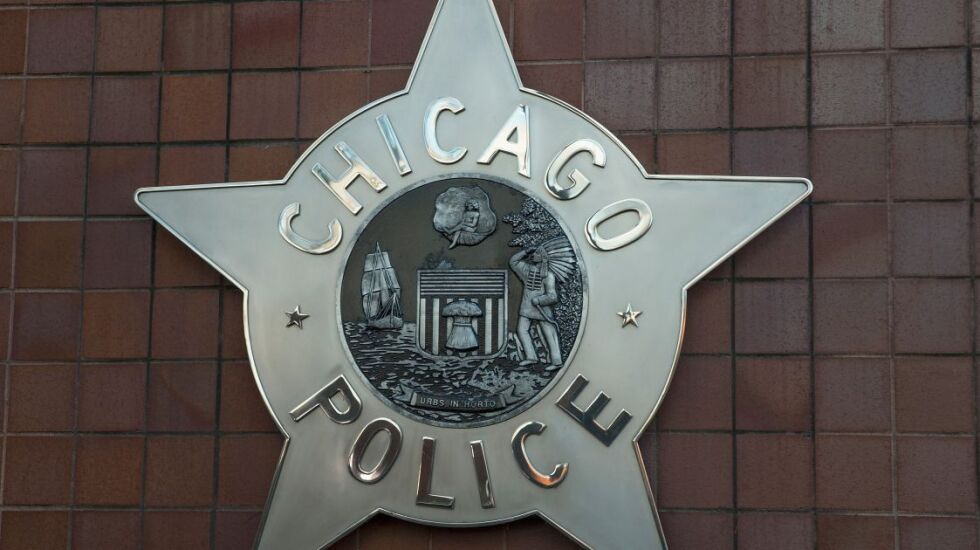
Chicago police officials discussed a proposed overhaul to the department’s controversial gang database Monday at a virtual meeting of the interim Community Commission for Public Safety and Accountability.
The new system, dubbed the Criminal Enterprise Information System or CEIS, comes three years after a report by the city’s Office of the Inspector General found that the original database was a disorganized mess of often unverified and outdated information.
Commission President Anthony Driver said the commission was informed by the department last month that the new system would be active Oct. 28.
The commission asked for the policy to be delayed until the public had the chance to hear about the plan, and there is now no set date for the database to launch, Driver said. The police department posted the draft of the new CEIS policy on its website Nov. 7.
“People have been significantly harmed by this database,” Driver said. “We by no means view this as inevitable, or expect this current iteration to move forward before the commission has reviewed and engaged the community on the subject.”
In 2018, a coalition of community groups filed a federal lawsuit against the city that sought to have the database deemed unconstitutional. Police officials Monday said the policies in the proposed CEIS policy were part of the resolution to that lawsuit.
Commission members Monday sought clarification on how the new system differed from the old one.
Dana O’Malley, CPD general counsel, said the biggest difference is there is a higher standard of criteria that someone needs to meet in order to be placed in the database. In the old version, self-admission of gang affiliation without proof was enough to include someone in the system. But the new CEIS doesn’t allow for that, O’Malley said.
A person’s voluntary admission would need to be backed up by another piece of information, such as body-worn camera footage of the admission, distinctive tattoos or emblems or identification of the person as a gang member by someone who has provided reliable information to the department in the past two years, the draft states.
“There are specific qualifications that you have to have in order to be entered into the system,” O’Malley said. “It can’t just be one factor.” Once an officer submits a name to be entered into the database, the submission has to be vetted through a multi-level approval process.
People who believe they are incorrectly on the list will be able to appeal to the police board. The department would have 90 days to respond to the appeal.
O’Malley said the department needed to collect the information in part because it’s an important tool in preventing retaliatory shootings.
“We have a lot of crime that we need to be able to investigate. Is there going to be retaliation?” O’Malley said. “We try to reach out to those people who we think will be victims of crime. If we don’t have this information we are unable to investigate properly.”







